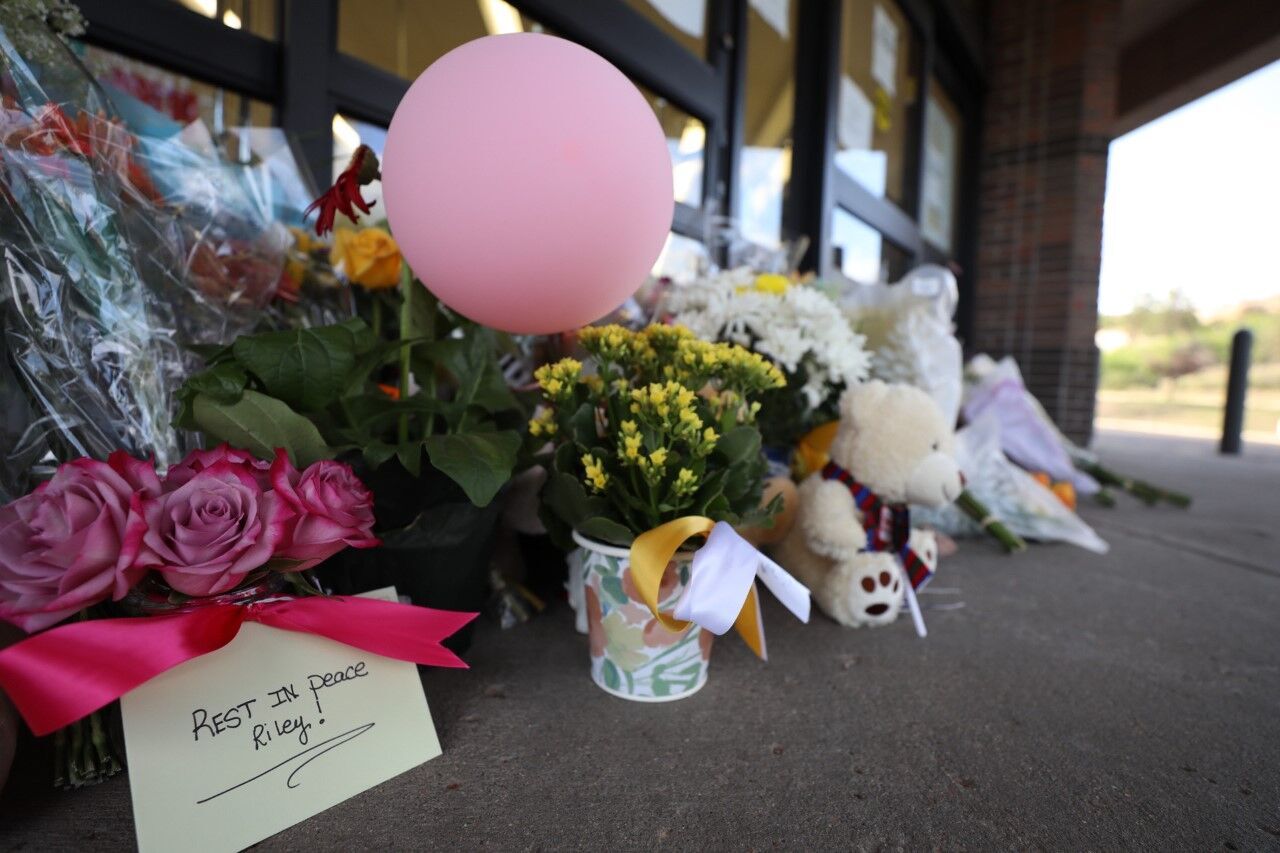Lawmakers seek to give child victims, witnesses of crimes anonymity in public records
Eight months ago, 17-year-old Riley Whitelaw was murdered in the break room of the Colorado Springs Walgreens, where she worked. The horrific details of the crime, allegedly committed by an adult co-worker who Riley had previously complained against, quickly consumed state and national news.
In a matter of days, many of Riley’s relatives, friends and classmates heard about her death from the news — before Riley’s family had the chance to reach out themselves.
“My family and I had no time to grieve in private,” said Courtenay Whitelaw, Riley’s mother. “The children didn’t deserve to find out such horrors from news or social media. … Riley preferred to stay out of the limelight. Yet, here we are after her death. Overexposed in headline news, not for the human she is, but for the crime against her.”
Colorado lawmakers are trying to prevent this situation from happening again through Senate Bill 75.
If passed into law, the bill would remove identifying information of victims and witnesses who are minors from criminal justice records released to the public, replacing names with “child victim” or “child witness.” This would make it so that children and teenagers who are victims of — or witnesses — to crimes cannot be identified by public records.
During a committee hearing on the bill Monday, Riley’s friends and classmates from Air Academy High School said they cannot escape the gruesome details of her death even months later, still coming across articles and true crime TikToks rehashing descriptions of what happened.
The friends also spoke of their high school classmate, who was identified as a witness to Riley’s murder in public records, saying she is frequently shamed by their peers for not “doing something” to save Riley.
“I’m trying to protect the safety, welfare and emotional and mental health of minors,” said bill sponsor Sen. Tony Exum, D-Colorado Springs. “Putting children’s privacy at risk is unacceptable. … Tell your story, but redact the names.”
Under current law, the names of victims who are minors are only redacted in public records in the cases of certain sexual crimes. However, when minors commit crimes, their identities are not released in public records unless they are charged as adults.
“Perpetrators are protected more than victims,” Exum said. “That’s not right. That’s not fair.”
In addition to protecting mental health, proponents of the bill argued it would protect minors’ physical health, as well, saying releasing the names of minors who witnessed crimes can put them in danger of retaliation.
In November 2021, a mass shooting occurred at Hinkley High School in Aurora. Mayor Mike Coffman said the names and addresses of teenage witnesses to the shooting were inadvertently released in an arrest affidavit published in the local newspaper. Coffman said this led to the witnesses being bullied at school and one being placed in protective custody after his house was shot up.
The bill’s other sponsor Sen. Rhonda Fields, D-Aurora, has been personally affected by this kind of witness retaliation. In 2005, Fields’ son, Javad Marshall-Fields, and his fiancée, Vivian Wolfe, were murdered in Aurora the day after Marshall-Fields was threatened for being a witness in an upcoming murder trial.
No death penalty for Colorado man accused of selling government secrets, feds confirm
“I’m seeking justice on behalf of kids that are involved in being a witness,” Fields said. “It puts them at risk. … We are responsible for protecting kids.”
The cities of Colorado Springs and Aurora support the bill, in addition to Aurora Public Schools, the Colorado Association of Chiefs of Police, the Colorado Association of School Executives and the Colorado Organization for Victim Assistance.
The only groups that spoke in opposition to the bill were the Colorado Freedom of Information Coalition and the Colorado Press Association. The groups argued that the bill could prevent media reporting that helps bring justice to crime victims who are minors, saying there should be exceptions for when a minor’s identity could be revealed.
Jeff Roberts, executive director of the Colorado Freedom of Information Coalition, pointed to the death of 17-year-old Jessica Hernandez in 2015, who was shot and killed by Denver police who claimed she tried to run them over.
As a result of media coverage and protests, the city of Denver paid Hernandez’s family $1 million in a settlement and the Denver Police Department changed its policy on shooting at moving vehicles.
“Sometimes, disclosure is in the public interest and there needs to be a way for agencies to consider that on a case-by-case basis,” Roberts said. “I worry this bill will have unintended consequences. Will journalists be able to corroborate the accounts of families and witnesses when they are barred from requesting official records about a specific person?”
The groups also cited mass school shootings and teacher abuse cases as examples of crimes against minors where institutions may be suppressing information in public records that could be brought to light by the media.
In response, lawmakers amended the bill to include a good cause exception, meaning someone could petition the court to release the identity of minor victims or witnesses if there is public interest in accessing their identity. The petitioner would have to prove that the good to the public from releasing the identity would outweigh potential harm to the privacy of the minor and their family.
The Senate Judiciary Committee advanced the bill on Monday, unanimously voting to send the bill to the Senate Appropriations Committee for further consideration.
If passed by the full legislature, the bill would take effect in 2024. The bill would only redact minors’ names and identifying information from records going forward, not retroactively applying to past criminal justice records.
Colorado bill would reduce prison sentences for inmates pursuing higher education





